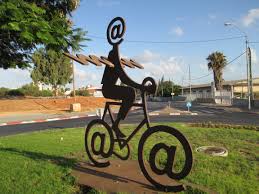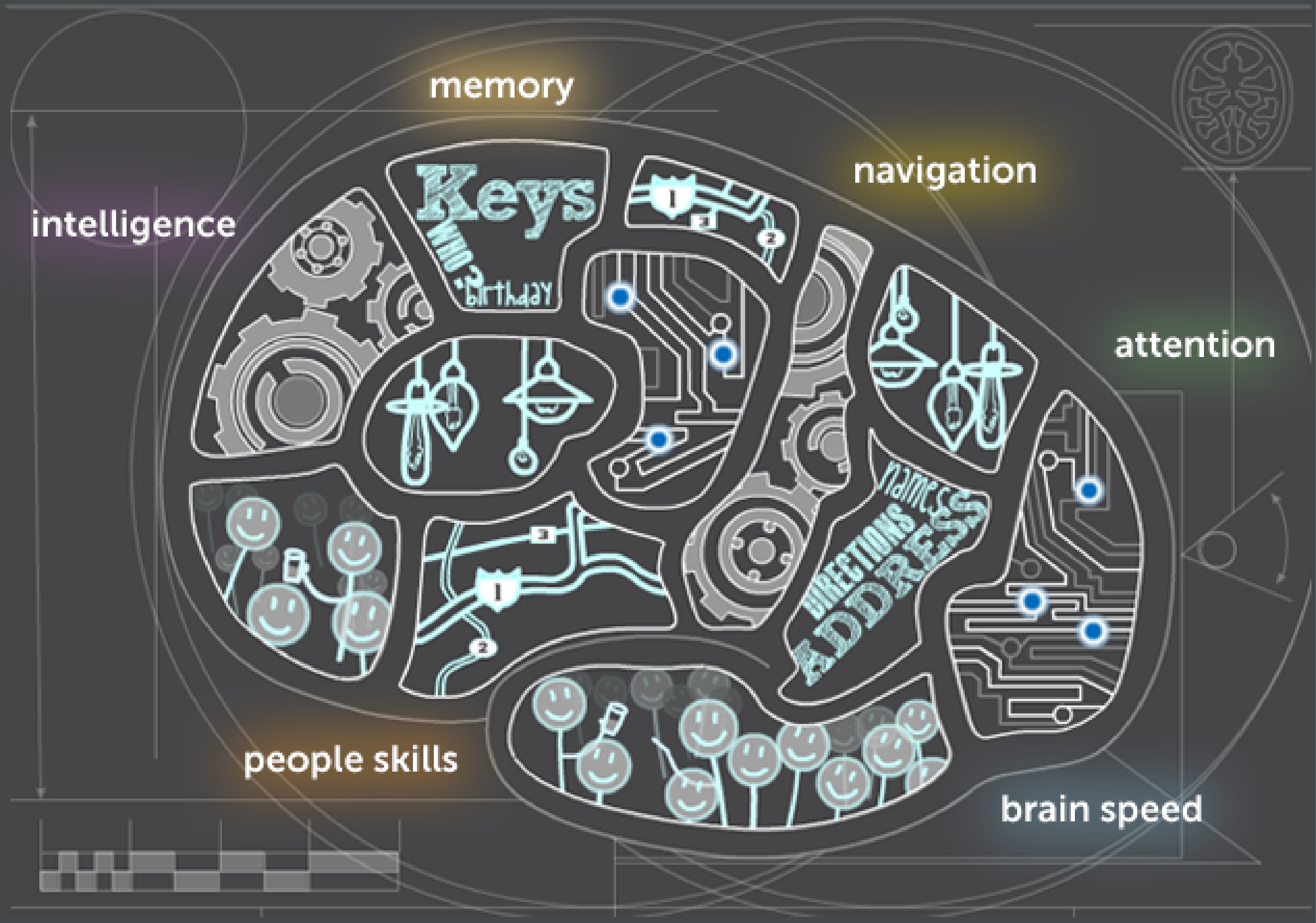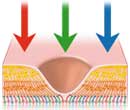Cons of Internet Usage on the Brain

The internet has fundamentally changed the way our brains remember information. This contention is the result of a seminal study entitled ‘Searching for the Google Effect on People’s Memory’ by Betsy Sparrow, a psychology professor at Columbia University. In this new Internet age paradigm, Internet search engines help determine what we remember, and impact what we are likely to forget. Read more.
Rewiring of the Brain in the Internet Age

In our newest series we will focus on how the Internet has impacted the human brain. After reviewing the pros and cons of how Internet usage impacts our cognitive skills, we’ll explore some pro-active brain training strategies we can all take to help channel our command and control system to excel in this hyper-stimulating technology environment. Read more.
Summary: Memory Series

Over the past few weeks, we’ve touched upon some of the key areas relating to the expansive field of memory. At its most basic level, memory is arguably the single most important skill we have as it defines our sense of self and who we are. Keeping it sharp throughout our lifetimes and especially for the period where we reach the golden years is an ongoing challenge that we need to pro-actively face head on. Read more.
How to Improve Your Memory

As we’ve seen over the course of our latest series, keeping one’s memory in peak shape is a multi-faceted activity that depends on a broad array of factors. Once the basic functional needs for our brains have been met though, be it a healthy diet, sufficient sleep and consistent exposure to positive stimuli, we can effectively address the means to optimizing our memory with focused BrainHQ memory exercises. Read more.
Memory and Stress

As we may well imagine, stressors impact our bodies, behaviours and feelings. Chronic stress, on the other hand, may lead to actual memory impairment. Left unchecked, stress can contribute to health challenges, such as diabetes, high blood pressure, heart disease and obesity. Read more.
How Memories Take Shape in Your Brain

It has been said that memories are the diary of our lives and yet as Albert Einstein observed, their nature “… is deceptive because it is coloured by today’s events.” Capturing their true essence in words invariably generates much discussion, but focusing in on their physical role Samuel Johnson noted that “the two offices of the memory are collection and distribution.” Read more.
Types of Memory

Memory is not just about reminiscing on our life experiences when we reach the golden years. It's what makes it possible for all of us to function on a daily basis without even having to give memory use much conscious thought.
Memory Recall - The Key to Happiness in Old Age!

Welcome to our new blog series on the fascinating and expansive field of memory recall. Memory is arguably the single most important skill we have as it defines our sense of self and who we are.
Summary: Personal Health Series

Over the course of our blog series on personal health we’ve identified a number of strategies one can take to regain, maintain or improve physical and mental fitness. Herewith is a brief summary of the key take-aways from each of the featured focus areas: Read more.
Importance of Socializing for Brain Fitness

The observation that human beings are social animals was first attributed to Aristotle some 2,000 years ago. In more recent times, Maslow defined the human need for socializing as a need to gain mastery over one’s situation and environment, to express some degree of personal power and to be able to communicate and obtain objectives. In his famous pyramidal hierarchy of needs, Maslow included social needs for family, affection, relationships, work groups and community.
<< < Page 4 of 8 > >>






 English
English
 Français
Français


